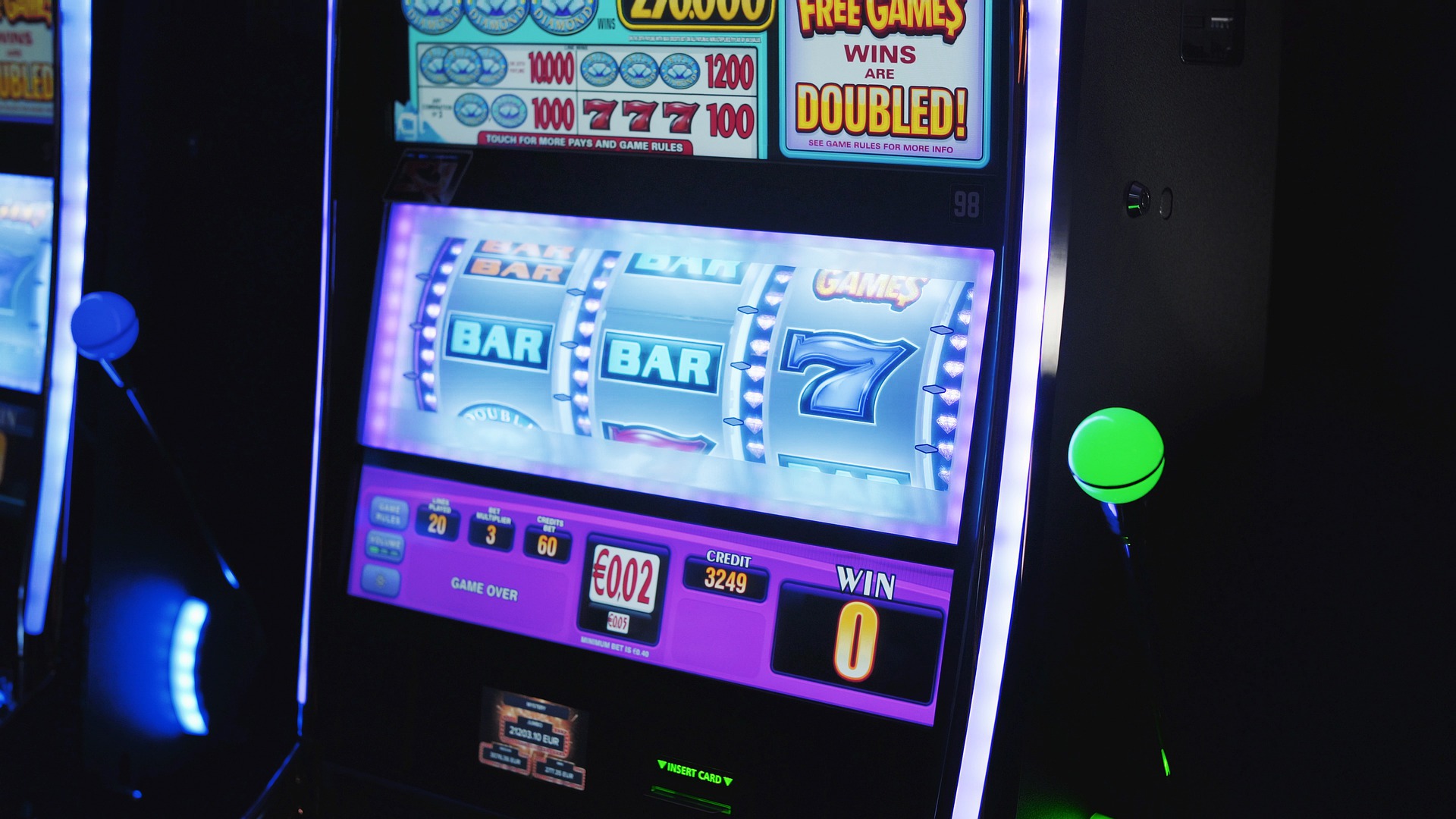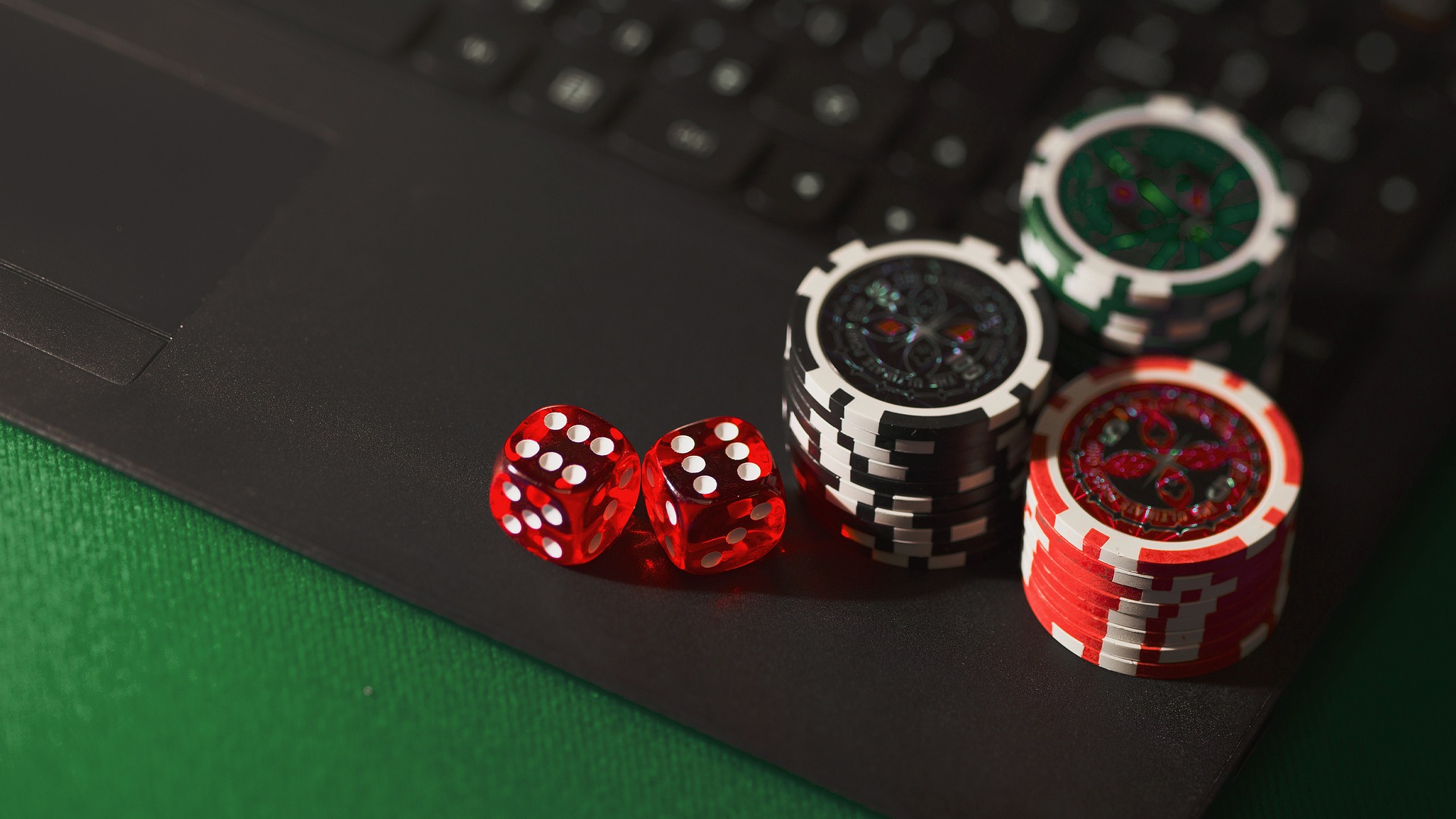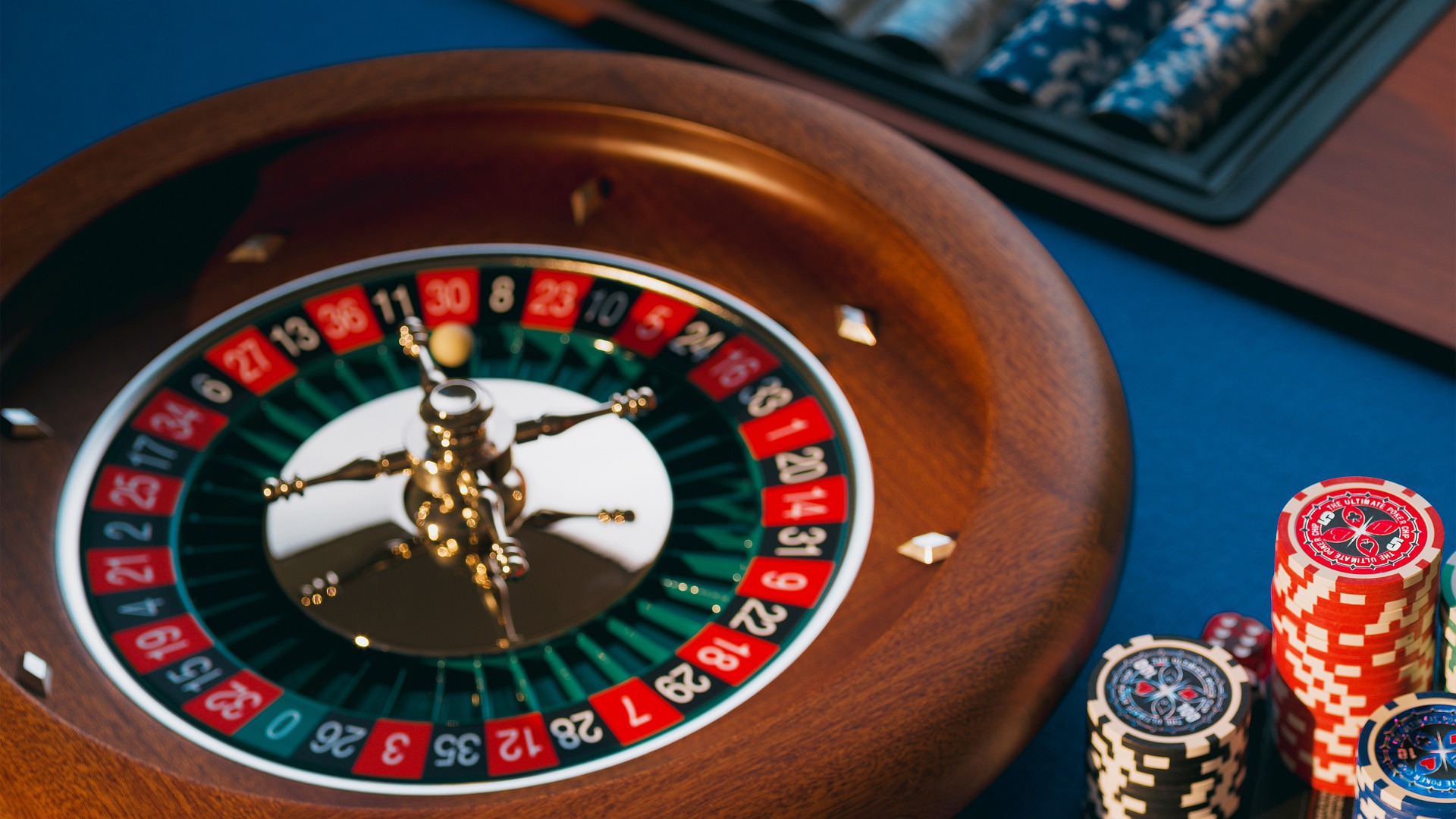Casino games have long been a source of entertainment. However, some players may worry that these games are rigged. Rigging refers to the manipulation of a game to favor the house. To determine if a game is truly rigged, it is important to consider two factors: the house edge and the Return to Player (RTP) percentage.
The house edge is the mathematical advantage that the casino has over the players. It is calculated as the difference between the odds of winning and the payout odds. A higher house edge means that the casino has a greater advantage, making it more difficult for players to win.
On the other hand, the RTP is the amount a game pays back to players. It is expressed as a percentage and represents the average amount of money that is returned to players over time. A higher RTP indicates that players have a better chance of winning and that the game is fair.
Protecting oneself from rigged games is possible by playing in reputable establishments that provide a fair gambling experience. These establishments are regulated and audited by independent third parties to ensure that their games are not rigged.
In conclusion, the concept of rigging in casino games can be a cause for concern among players. However, by understanding the house edge and RTP, players can make informed decisions and protect themselves from rigged games. It is essential to play in reputable establishments that offer fair gambling experiences to ensure a level playing field for all players.
What is Rigging?
Rigging of casino games involves manipulating decks or dice rolls, or other unfair practices to gain an advantage over players, and is often identified by the lack of transparency in establishing and following rules.
Rigging can occur in both online and offline casinos and is illegal in many places.
It is important for players to be aware of the possible signs of rigging. These include inaccurate payouts, changes to betting limits based on results, and refusal to accept winning bets.
Additionally, rules should be clearly posted and consistent across all games offered. Prior to playing a game, players should also consider the house edge and return to player percentage. The house edge is the mathematical advantage a casino holds over players, while the return to player percentage is the amount a game pays back to players.
House Edge and RTP
Mathematically, each gamble has an inherent advantage for the establishment. This is known as the house edge, which is the difference between the true odds of a game and the actual odds of a game. Return to Player percentage (RTP) is the amount a game pays back to players, and is the inverse of casino hold. In Nevada, the lowest regulated slot machine payout is 85%. Progressive jackpots have an effect on RTP as more money is lost to fund the payouts, and this math takes time to catch up with variance in progressive games. Certain games allow for skill to change actual hold percentages, like Blackjack, and the gap between theoretical and actual hold is due to players not using optimum strategy.
| Game | House Edge (%) | RTP (%) |
|---|---|---|
| Slot | 2-10 | 90-98 |
| Blackjack | 0.5-1.5 | 99.5-98.5 |
| Roulette | 2.7 | 97.3 |
| Baccarat | 1.06 | 98.94 |
| Craps | 0.6-3.4 | 96.4-99.6 |
Protecting Yourself
It is important to understand the potential risks associated with gambling and to take the necessary precautions to protect yourself from any misconduct. Reputable establishments can provide a fair gamble, but the casino always has an edge over the players.
To protect yourself from any potential misconduct, it is important to understand how casinos make money. This knowledge can help you make informed decisions and avoid being taken advantage of.
Making bets without second-guessing can also help protect yourself from any potential issues. It is important to set limits for yourself and stick to them, avoiding impulsive and excessive gambling.
Other steps to take to protect yourself include researching the casino and checking reviews. This will give you an idea of the casino’s reputation and whether it is trustworthy. Additionally, ensuring that the casino is licensed by the appropriate regulatory board is crucial. This ensures that the casino operates within legal boundaries and is held accountable for its actions.
When it comes to online gaming, it is important to be extra cautious. Avoiding shady operators and only playing at reputable online casinos can help protect yourself from scams and fraud. Before depositing at an online casino, it is advisable to check any blacklists to ensure that the casino is not listed for any suspicious activities.
By taking these steps, you can protect yourself and ensure that you have a safe and enjoyable gambling experience.



